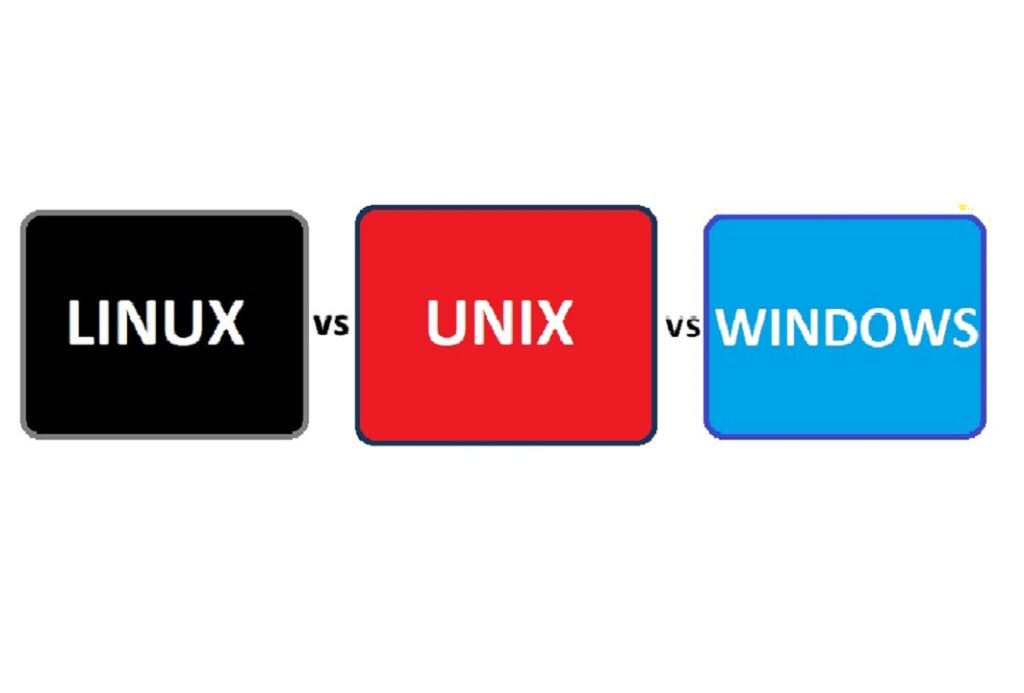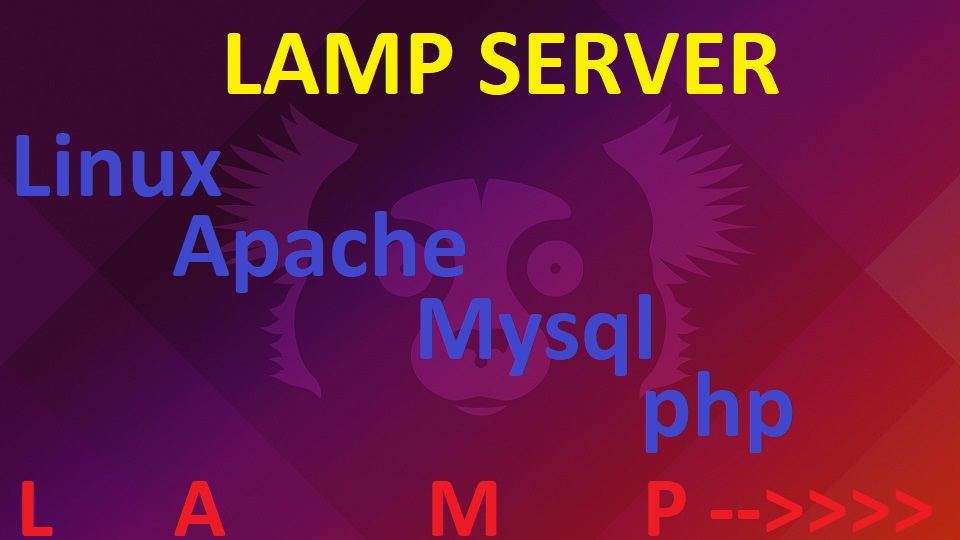Certainly! Let’s break down what Linux, Unix, and Windows are, and discuss some information regarding their potential future and possible vulnerabilities.
Linux:
10 Linux-based operating systems along with their official website links:
- Ubuntu – Ubuntu Website
- Fedora – Fedora Website
- Debian – Debian Website
- Linux Mint – Linux Mint Website
- CentOS – CentOS Website
- OpenSUSE – OpenSUSE Website
- Arch Linux – Arch Linux Website
- Kali Linux – Kali Linux Website
- Manjaro – Manjaro Website
- Chrome OS – Chrome OS Website
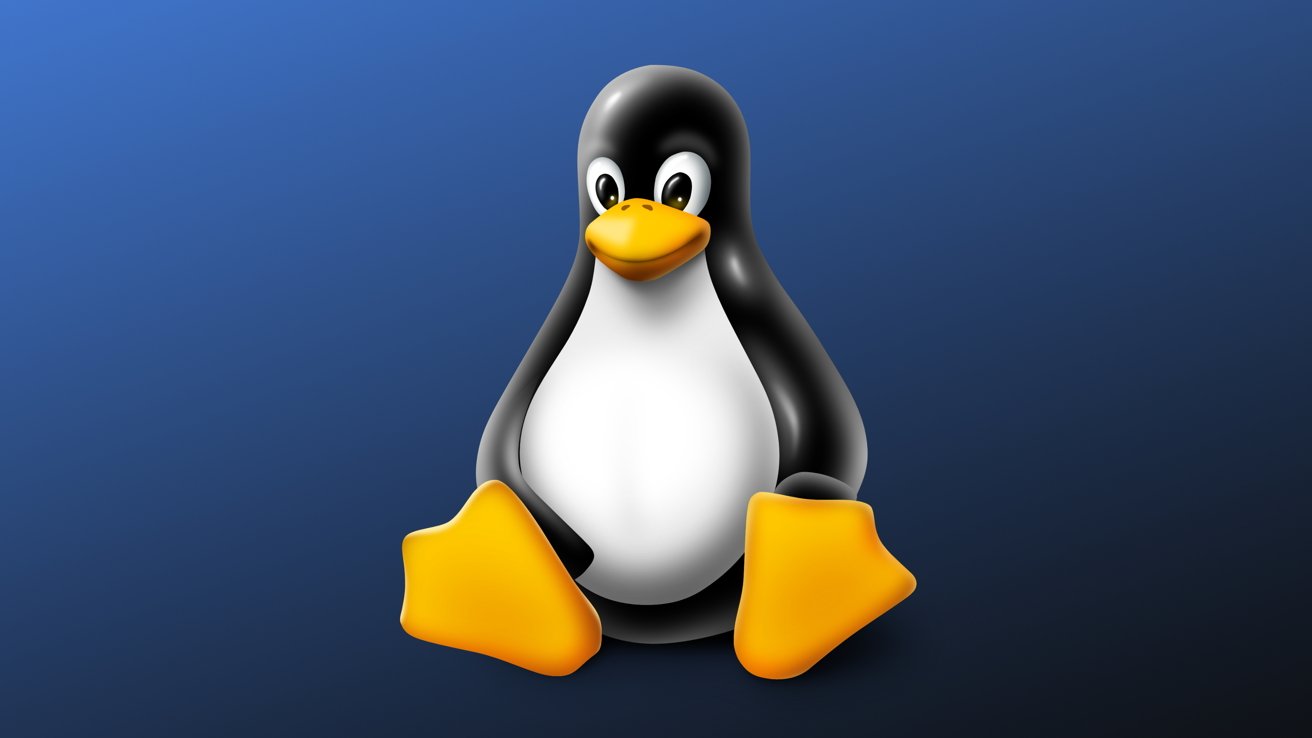
Linux Open Source Operating System
- Definition: Linux is an open-source and Unix-like operating system kernel that serves as the core component of various Linux distributions (or distros). It was created by Linus Torvalds in 1991 and has since grown into a popular and versatile operating system.
- Information: Linux is known for its stability, security, and scalability. It’s widely used in web servers, embedded systems, supercomputers, and mobile devices (through Android). Linux has a strong and active community of developers and users who continually improve and maintain it.
Future: The future of Linux looks promising, as it’s likely to continue to be a dominant choice for server infrastructure, embedded systems, and cloud computing. It’s also making inroads into the desktop market, especially for developers and tech-savvy users.
Loopholes: While Linux is generally secure, vulnerabilities can arise due to misconfigurations, outdated software, or unpatched systems. Maintaining proper security practices and keeping software up to date is essential.
Unix:
10 Unix-based operating systems, or Unix-like operating systems, along with their official website links:
- FreeBSD – FreeBSD Website
- OpenBSD – OpenBSD Website
- NetBSD – NetBSD Website
- DragonFly BSD – DragonFly BSD Website
- Illumos – Illumos Website
- AIX (IBM’s Unix) – IBM AIX Website
- HP-UX (Hewlett Packard Unix) – HP-UX Information
- Solaris (Oracle Solaris) – Oracle Solaris Website
- Tru64 UNIX – HP Tru64 UNIX
- SCO UNIX – The SCO Group
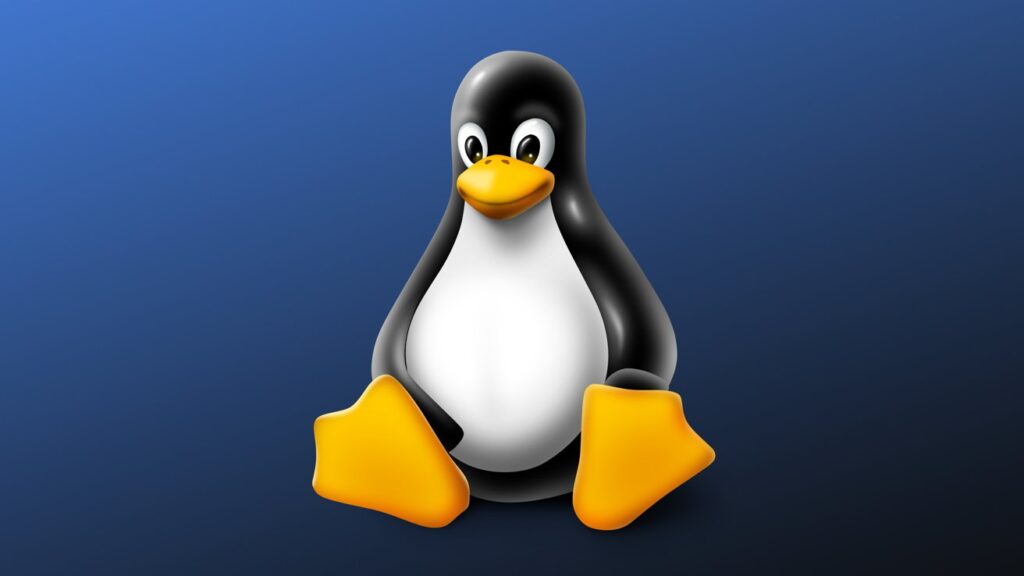
Unix Commercially Based Operating System
Definition: Unix is an operating system that dates back to the late 1960s. It laid the foundation for many modern operating systems, including Linux. Unix systems are known for their powerful command-line interface and multi-user capabilities.
- Information: While traditional Unix systems are less common today, their principles and design concepts heavily influenced Linux and other operating systems. Unix philosophy emphasizes simplicity, modularity, and a “do one thing and do it well” approach.
Future: Unix, in its classic form, is less prominent in the modern computing landscape. However, its principles continue to influence operating system design and development.
Loopholes: Unix systems have had their share of vulnerabilities over the years, but many of these have been addressed. The key to maintaining Unix security is keeping systems up to date and properly configured.
Windows:
10 Windows-based operating systems along with their official website links:
- Windows 10 – Windows 10 Website
- Windows 11 – Windows 11 Website
- Windows Server 2019 – Windows Server Website
- Windows Server 2022 – Windows Server Website
- Windows 8.1 – Windows 8.1 Information
- Windows 7 – Windows 7 End of Support
- Windows Embedded – Windows IoT Core
- Windows 10X – Windows 10X Overview
- Windows Server 2016 – Windows Server Website
- Windows Vista – Windows Vista Information
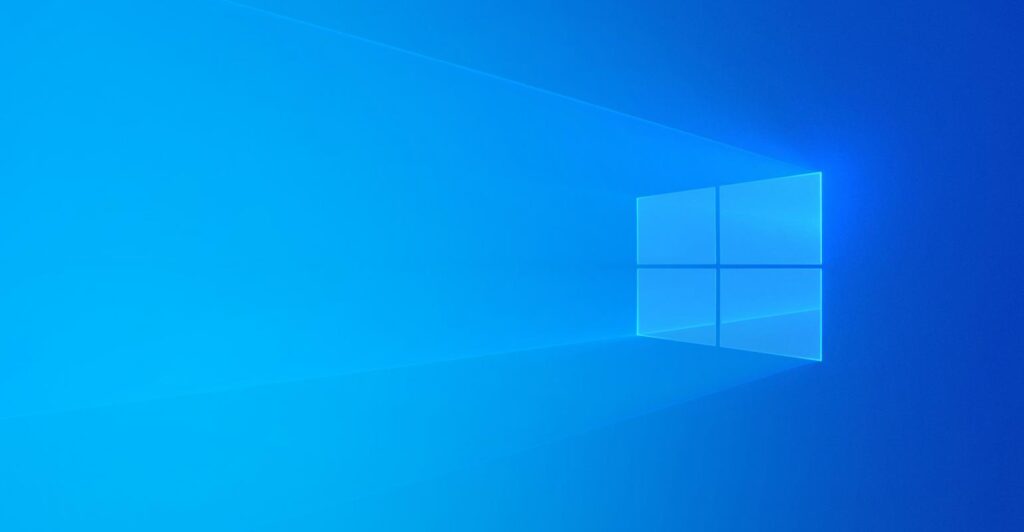
Microsoft Windows
- Definition: Windows is a series of operating systems developed by Microsoft. It’s widely used on desktop and laptop computers, as well as in enterprise environments. There are various versions of Windows, with Windows 10 and Windows 11 being some latest at the time of my last update.
- Information: Windows offers a user-friendly interface and a wide range of software applications, making it a popular choice for personal computing. It’s also used in many corporate environments.
Future: The future of Windows is likely to continue evolving with new versions and updates. Microsoft has been focusing on enhancing security and compatibility.
Loopholes: Windows has historically been a target for malware and security threats due to its widespread use. To mitigate vulnerabilities, it’s important to keep Windows updated with the latest security patches and use antivirus software.
In summary, Linux and Unix are known for their stability and security, with Linux being a dominant force in server and cloud computing. Windows is widely used on personal computers and in business settings. The future of all these operating systems depends on ongoing developments and their ability to adapt to changing technology landscapes. Loopholes or vulnerabilities exist in all operating systems, but they can be mitigated through proper maintenance and security practices.

